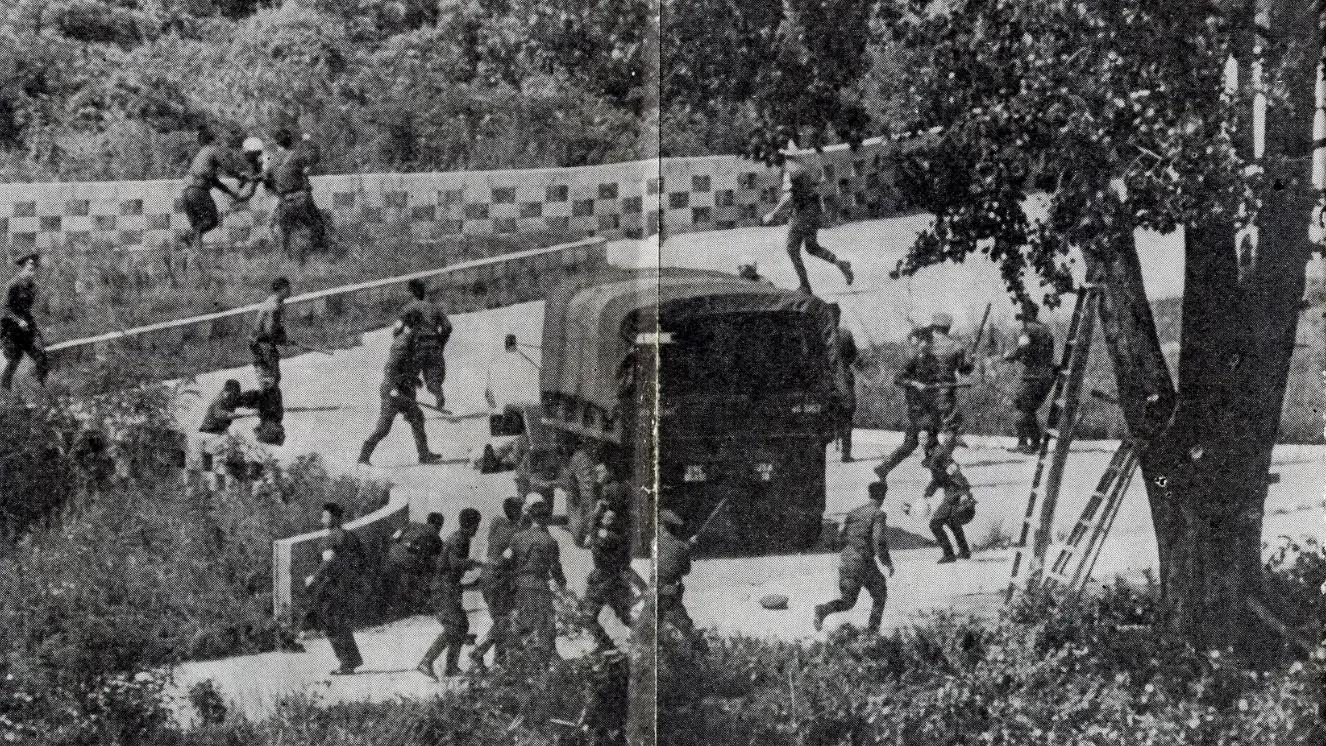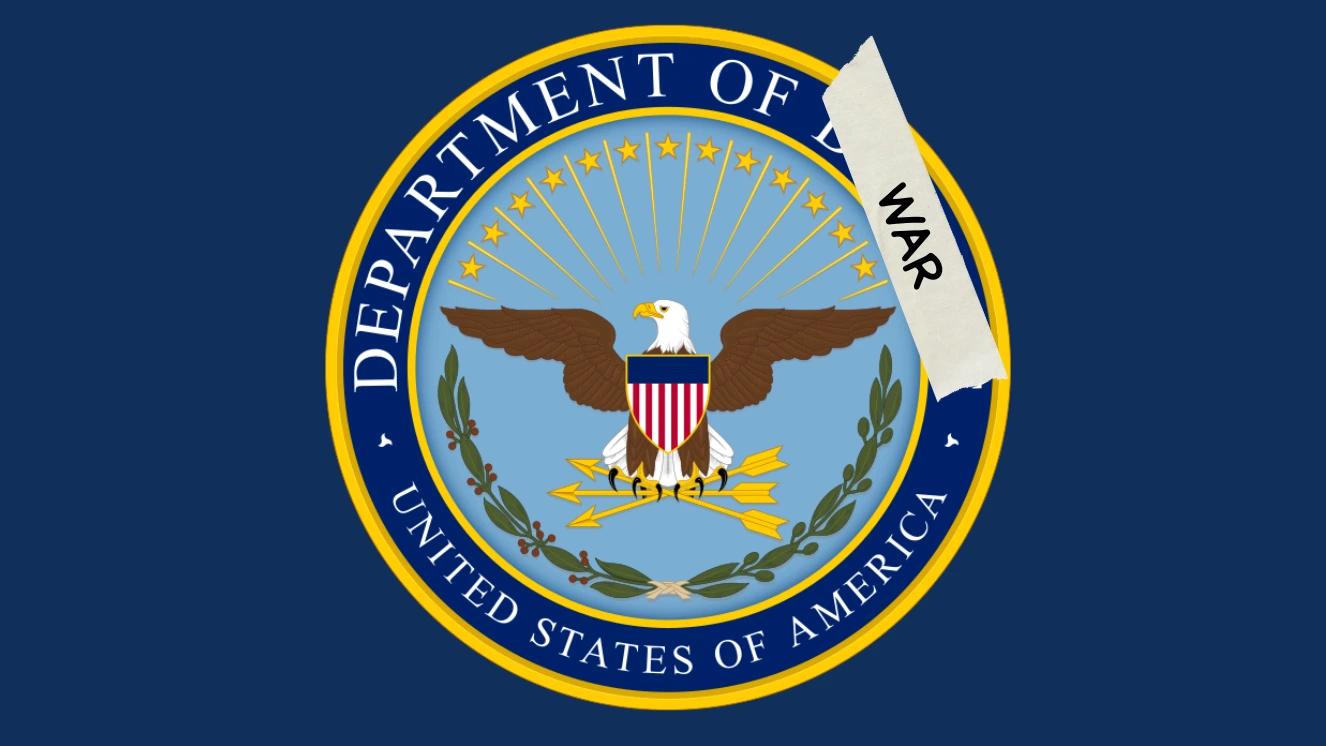ABU GHRAIB MILITARY CONTRACTOR PUSHES BACK ON $42M TORTURE VERDICT

For the Veterans who saw the prison photos in 2004—barbed wire, hooded detainees, naked bodies lined up like grotesque sculptures, the news isn’t new. But what is still unfolding, and may change how contractors are held accountable in war, is the legal battle currently being waged in Richmond, Virginia.
On September 9, 2025, the Fourth U.S. Circuit Court of Appeals heard oral arguments in a pivotal case: Al Shimari et al. v. CACI Premier Technology, Inc. CACI, a private contractor with decades of government contracts under its belt, is appealing a $42 million verdict.
That verdict, rendered in November 2024, held CACI liable in a civil trial for complicity in the torture and abuse of three Iraqi detainees at Abu Ghraib prison.
What Exactly Happened?
The plaintiffs—Suhail Al Shimari, Salah Al-Ejaili, and Asa’ad Al-Zubae—each testified they were subjected to beatings, forced nudity, sexual abuse, and other cruel and degrading treatment while detained at Abu Ghraib during the U.S. occupation of Iraq.
Although none of the plaintiffs were photographed in the infamous images that shocked the world in 2004, the jury concluded the allegations matched what was shown in those photos—especially the pattern of abuse tied to “softening up” detainees for interrogation.
Each plaintiff was awarded $3 million in compensatory damages and $11 million in punitive damages, totaling $42 million.
What’s on Appeal: Jurisdiction, Association, and Accountability
CACI’s appeal does not dispute all the facts—or at least not all the claims made in the trial. What it challenges, instead, are legal and procedural questions:
Jurisdiction
CACI argues the district court didn’t properly have authority to hear the case. In other words, because the alleged abuses occurred in another country, the company claims U.S. courts should not have power over them.
Responsibility vs. Direct Action
Though the plaintiffs accuse CACI of conspiracy and complicity—with CACI interrogators allegedly coordinating with U.S. military police—they do not accuse CACI’s employees of personally performing much of the abuse. CACI pushed back, saying that its role was limited and that the primary responsibility lies with the military.
Accuracy in Legal Filings
During the September hearing, judges pressed CACI’s counsel on allegedly misquoted sources and legal precedents. They suggested that these kinds of inconsistencies could cast doubt on claims about jurisdiction and legal doctrine.
Veterans and Military - Level Up Your Attention-to-Detail
Contractor Accountability in Combat Zones: This case isn’t just about one contractor. It raises precedent for what private companies the U.S. government hires can be held responsible for—especially when operations stray into legal gray areas of oversight, behavior, and responsibility.
The Rules of Engagement—Legal Edition: Many service members know what “the rules” are in combat. This case concerns what the law expects when contractors operate alongside military forces. If contractors are insulated too much by claims of minimal contact, mission orders, or government control, then oversight weakens.
Moral & Institutional Reputation: The Abu Ghraib scandal did more than shock. It undermined trust—at home and abroad—in U.S. military conduct. How courts respond now, nearly 20+ years later, still matters to the institution’s standing and lessons learned.
Lens on Punitive Damages & Compensation: Veterans often talk about consequences—what one does, what one is responsible for, and what accountability looks like. The $42 million involves punitive damages, which are meant to punish, not merely to compensate. If the appeal succeeds, it could limit or reshape how punitive damages are ordered in human rights and contractor cases.
What’s at Stake & What to Watch For
Decision Timing
The Fourth Circuit’s decision has no firm date. Appeals like these can take months.
Possible Outcomes
- The verdict could be affirmed, leaving CACI liable for $42 million.
- The case could be remanded (sent back) for further proceedings, maybe due to jurisdictional or evidentiary questions.
- In rare cases, the verdict could be reversed if the appeals court finds significant legal errors in the trial's conduct.
Broader Legal Implications
Among them, how the Alien Tort Statute (a centuries-old U.S. law allowing foreign nationals to sue over certain human rights abuses) will continue to be applied; how “government contractor immunity” arguments fare; and what counts as “complicity” v. direct action will be considered.
What CACI & Survivors Are Saying
CACI’s Position: The company insists it did not directly commit acts of torture, that its role has been exaggerated, and that applying U.S. law to actions in Iraq exceeds legal bounds. It has expressed disappointment over the verdict and maintains its employees were not criminally liable.
Survivors & Legal Team: The plaintiffs and their attorneys argue this is a rare win for accountability—after years of dismissed motions, procedural delays, and legal wrangling. They say the verdict matched the strength of the evidence and legal precedent.
When the Gavel Falls
Whatever the Fourth Circuit rules, every Veteran should pause. The decision has the power to mark the next chapter in how America holds its contracted partners accountable in war zones.
If affirming, it re-establishes that providing support functions—intelligence, interrogation, etc.—doesn’t grant immunity when operations lead to torture or abuse. If reversed, it might roll back some of the few legal boundaries that have successfully held contractors to account.
This case is more than legal theory for those who stood in uniform or served on contract abroad. It’s about whether the promise of accountability extends beyond the uniform. Because the actual cost of Abu Ghraib wasn’t just financial—it was the loss of moral ground, the damage to the U.S. reputation, the personal toll on those abused, and the legacy carried by its military. When justice is delayed, its echoes are long. This appeal won’t fade those echoes—it will either reinforce or rewrite them.
For nearly twenty years, Abu Ghraib has been a stain that U.S. forces reckon with. The $42 million verdict against CACI is the first time survivors secured compensation from a contractor, not through an international tribunal but U.S. civil courts. The current appeal isn’t just a contract dispute—it asks whether accountability can reach across borders, over contracts, and across the chain of command.
Suggested reads:
BY NATALIE OLIVERIO
Natalie Oliverio is a powerful voice in modern storytelling—a purposeful writer whose work blends clarity, conviction, and lived experience to spark meaningful dialogue and impact. A Navy Veteran and entrepreneur, she brings depth and authority to every piece she pens, shaped by real-world leadershi...



